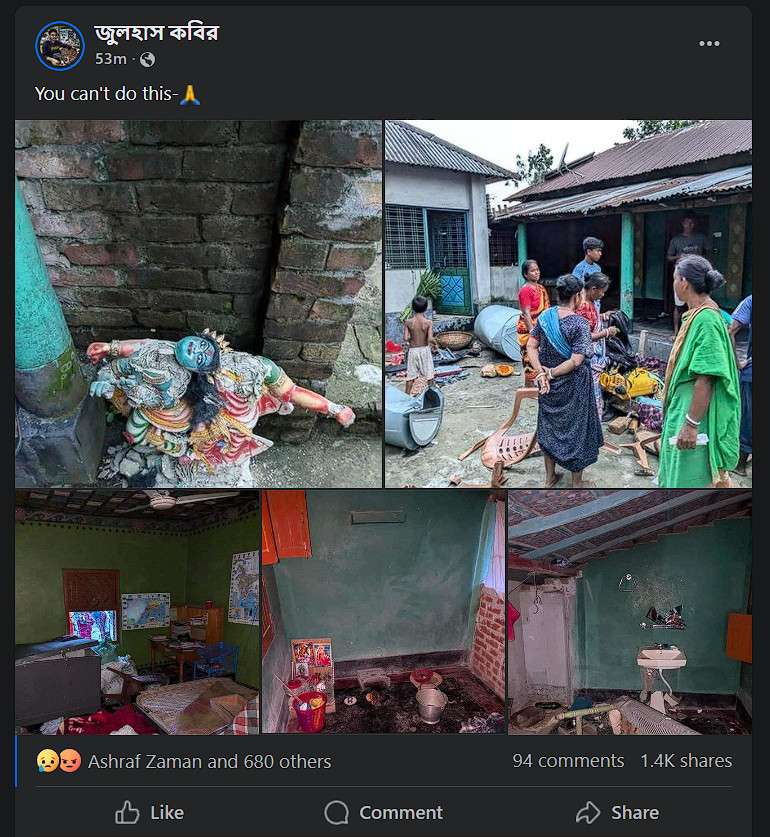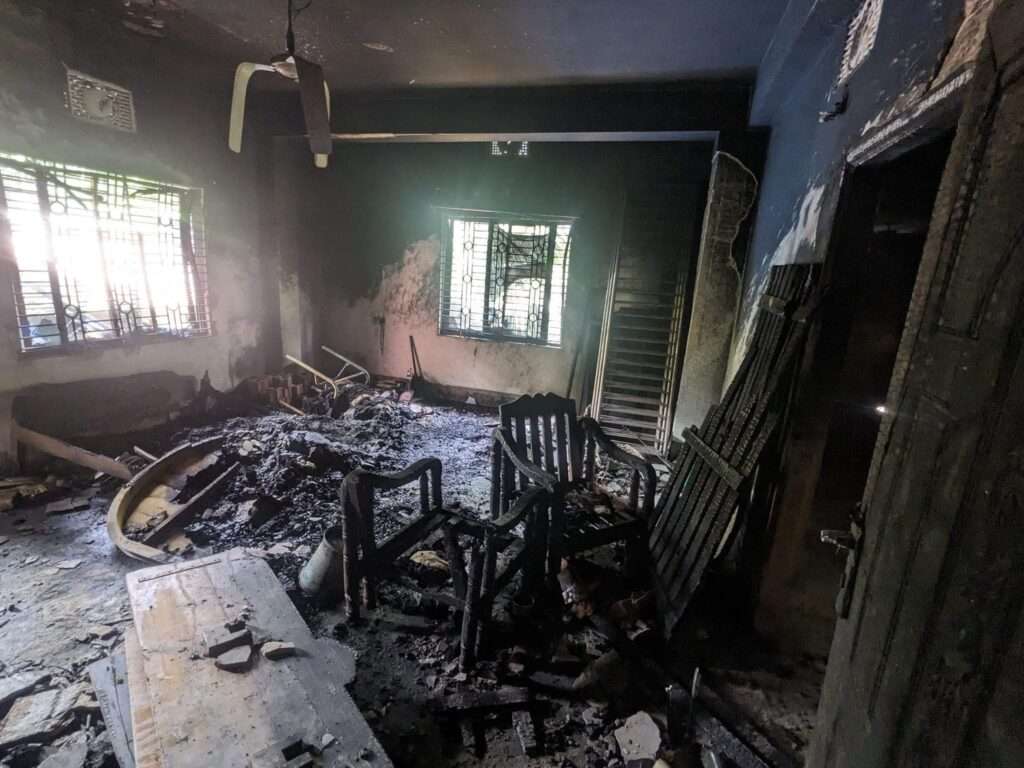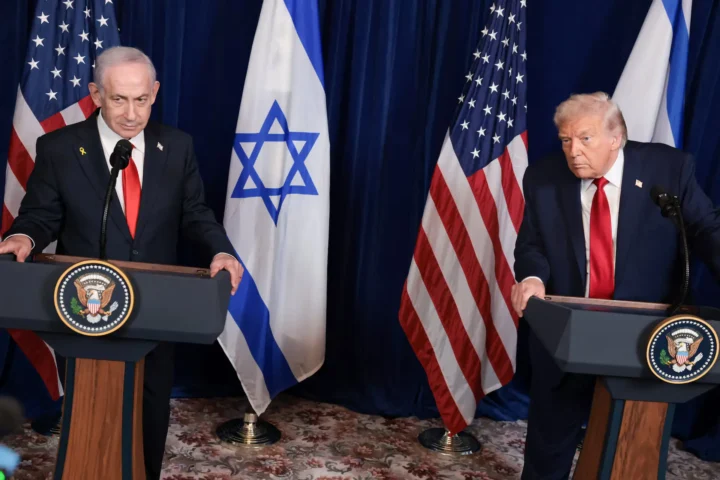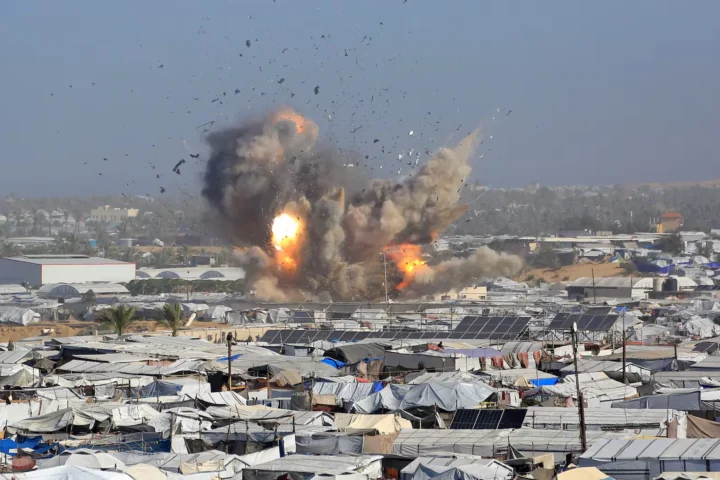In the shadowy aftermath of political upheaval, Bangladesh, once lauded as a beacon of progressive secularism in the Islamic world, now teeters on the edge of a precipice. The resignation and flight of the former Prime Minister has unraveled a nation that was once known as the “Asian Tiger,” a country celebrated for its rapid economic growth, progressive values, and a unique brand of secularism that was rare in the Muslim-majority world. Yet today, this very nation finds itself ensnared in the throes of chaos, where minorities, particularly the Hindu community, live under the constant threat of violence and oppression.
The story of Bangladesh’s journey from a burgeoning, inclusive society to one plagued by sectarian strife is a cautionary tale of how quickly the tides of fortune can turn. It wasn’t long ago that Bangladesh was held up as an example of what a modern Islamic nation could achieve. Its economy was thriving, earning the moniker of an “Asian Tiger,” and its secular constitution was a testament to its commitment to diversity and religious tolerance. In a region often scarred by religious fanaticism, Bangladesh was different. It was a place where people of different faiths could live side by side, where the state religion of Islam did not come at the expense of minority rights.
But that was then.
Today, the situation is starkly different. In the days following the ousting of its leader, the country has witnessed a surge in violence against its Hindu minority—a community that has long been caught in the crossfire of Bangladesh’s political and religious tensions. The experiences shared by individuals from across the country paint a grim picture of a nation that has lost its way.

Consider the harrowing experience of a development professional in Dhaka, who received a frantic call from his cousin in the northern district of Netrokona. Their family home, a sanctuary for multiple generations, was invaded by a mob armed with sticks and fury. Furniture was smashed, valuables looted, and the residents were left terrified, not because of a random act of violence, but because they were Hindus—seen as remnants of the recently deposed regime’s secular legacy. This was not an isolated incident. The Hindu community across Bangladesh has become an easy target, their properties plundered, their temples desecrated, their lives shattered.
Bangladesh’s secular dream is unraveling, leaving its minorities to navigate a nightmare of fear and violence
Such attacks are not without precedent in Bangladesh’s history. The painful memory of 1992 still lingers. But today’s violence feels different. It is not just an eruption of anger over events in a neighboring country, but a systemic unraveling of the very fabric of Bangladesh’s society. Social media is now awash with reports of Hindu properties being targeted, temples being vandalized, and businesses being destroyed. In cities and villages alike, fear grips the minority community, which finds itself once again on the defensive, with no guarantee of protection from the state.

The situation is made worse by the absence of law and order. As one victim’s family huddled in fear, the only thing that saved them from an angry mob was a neighbor’s intervention. “Don’t do anything here, not here,” they were told, and the mob moved on. But not everyone has been so lucky. Elsewhere, homes have been looted, businesses destroyed, and the very presence of law enforcement has become a rarity, leaving vulnerable communities to fend for themselves.
The once-celebrated ‘Asian Tiger’ now grapples with a darker reality, where intolerance threatens to devour its progress
The collapse of Bangladesh’s secular dream is not just a tragedy for its minorities, but a loss for the entire nation. The principles that once made Bangladesh a model of modern Islamic governance are now under attack, and with it, the hopes of millions who believed in the promise of a nation that could rise above sectarian strife. The current violence is a stark reminder that the veneer of progress can be thin, and that the forces of intolerance and extremism are never far from the surface.

It is however both perplexing and troubling that some prominent media outlets, such as the Qatar-funded Al Jazeera, have chosen to either downplay or outright dismiss the harrowing reports of violence against minorities in Bangladesh.
This is especially glaring when contrasted with the outspoken condemnations from organizations such as the United Nations, which has stepped in to decry the brutal attacks and the apparent targeting of vulnerable communities. Why, then, is there such a reluctance among these influential platforms to acknowledge and report on these atrocities? Is there a deeper agenda at play, or a selective narrative that prioritizes certain geopolitical interests over the plight of persecuted minorities?
The international community must take note of the events unfolding in Bangladesh. The erosion of minority rights, the breakdown of law and order, and the rise of religious violence are not just domestic issues—they are a warning sign of what can happen when a nation loses its moral compass. Bangladesh’s future hangs in the balance, and the world must watch closely, for what happens here will resonate far beyond its borders.
In the end, the question remains: Will Bangladesh reclaim its legacy as a progressive, secular nation, or will it succumb to the forces of division and hate? The answer will define not just the future of its minorities, but the very soul of the nation itself.











